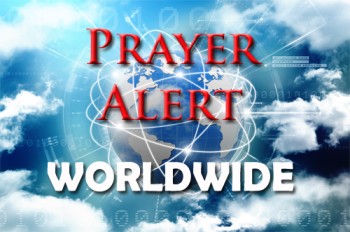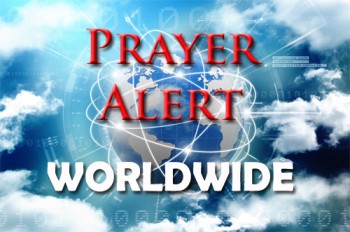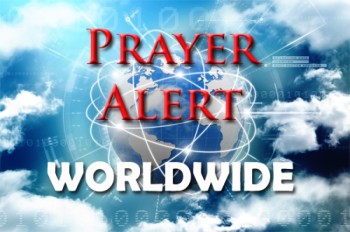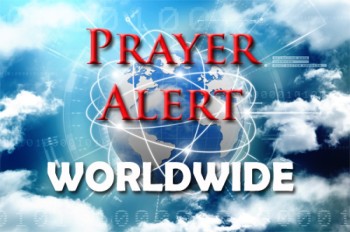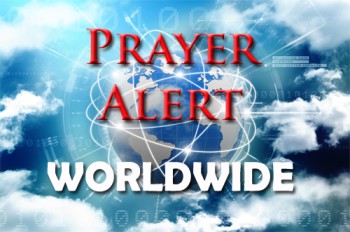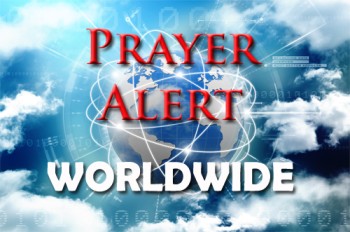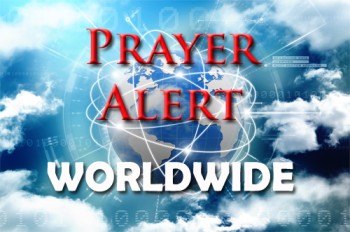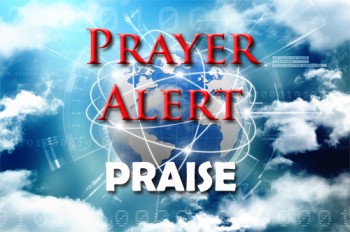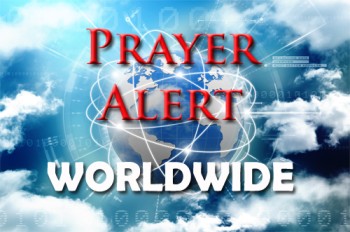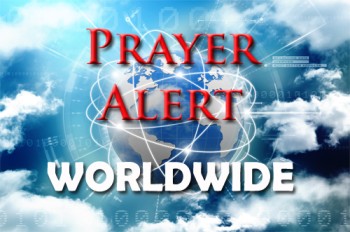Displaying items by tag: Africa
COP29: more finance needed, Africa suffering
On the second day of COP29 in Baku, UN secretary-general Antonio Guterres called on industrialised nations to fulfil their commitments in financing climate adaptation, emphasising the importance of doubling funds to $40 billion annually by 2025 and contributing meaningfully to the new Loss and Damage fund. Highlighting the gap between pledges and actual needs, he warned that unfulfilled promises equate to lost lives and hindered development. Although international adaptation finance to developing nations rose to $28 billion in 2022, the Glasgow Climate Pact target will only marginally reduce a $187 to 359 billion yearly adaptation gap. Africa, particularly vulnerable to climate impacts, sees minimal benefit from renewable energy growth, representing only 0.5% of global deployment last year. African leaders have stressed the urgent need for innovative funding to drive green industries, create jobs, and bolster resilience. With climate impacts consuming up to 9% of African budgets, equitable financing is critical to building sustainable economies and empowering youth.
Sudan: UN calls on countries to stop supplying weapons
The UN’s political affairs chief Rosemary DiCarlo has condemned the continuing flow of weapons to the conflict in Sudan, urging an immediate halt to external military support. Both the army and the paramilitary RSF are escalating their operations and recruiting new fighters, fuelled by substantial foreign backing. She said that this external support is prolonging the conflict and worsening the humanitarian crisis, which has so far claimed over 24,000 lives and displaced 11 million people. The civil war, ignited in April 2023 by a power struggle between two rival leaders, has led to widespread atrocities, with both sides accused of war crimes, including ethnic cleansing. Despite calls for an immediate ceasefire and negotiations, both sides remain entrenched, partly due to the continued influx of arms. The UN Security Council is discussing a resolution which urges the warring parties to allow unhindered humanitarian aid deliveries, as more than half of the country’s population of 50 million faces severe food shortages.
Idris Elba plans to move to Africa to encourage its film industry
British actor Idris Elba plans to move to Africa within the next decade to support its burgeoning film industry. He wants to develop film studios in Zanzibar and Accra, emphasising the importance of Africans telling their own stories. With his roots in Ghana and Sierra Leone, Elba feels a deep connection to the continent and wants to be directly involved in creating an environment where African film-makers can thrive. He stresses the need for better facilities, government support, and investment to showcase Africa's diverse cultures beyond the usual depictions of trauma. Elba believes the continent’s film industry has great potential, but it requires an enabling environment and more infrastructure to flourish. He hopes to contribute to this transformation by being on the ground, working with local talent, and building a stronger global understanding of Africa through its storytelling.
Sudan: mosque hit by airstrike, 31 deaths
A military airstrike on a mosque in Wad Madani, in the centre of Sudan, has killed 31 people, according to local activists. The attack occurred after evening prayers and was reportedly carried out using barrel bombs. Many victims have not yet been identified, as rescue teams are still working through the remains of dozens of charred and mutilated bodies. Since April 2023, Sudan has been ravaged by conflict between the military and the paramilitary Rapid Support Forces (RSF), resulting in widespread death and displacement. The two sides are battling for control of Al-Jazira state, a key agricultural area, currently controlled by the RSF. Both groups have been accused of war crimes, including targeting civilians and looting.
Kenya: elephants relocated to ease overcrowding
Fifty elephants have been relocated from the overcrowded Mwea National Reserve to a larger national park, 75 miles away, to reduce environmental strain and human-wildlife conflict. The reserve, which ideally could support 47 elephants, had a population of 156. The tourism minister, Rebecca Maino, noted that the rising elephant population is a sign that poaching is under control, but the overcrowding had resulted in elephants straying into nearby farms in search of food. Local residents expressed relief that the animals had been moved, as their presence had become a growing problem. The elephants arrived safely in their new home, and the $93,000 project is set to enter a second phase, with plans to relocate another fifty elephants soon.
Mozambique: crucial election
On 9 October, 17 million Mozambicans voted for a new president who many hope will bring peace to the oil- and gas-rich Cabo Delgado province, which has faced a jihadist insurgency since 2017. Over 1.3 million people have been displaced due to violence, with 600,000 returning to destroyed homes. The presidential candidates, including Frelimo’s Daniel Chapo, Lutero Simango of the Democratic Movement, and independent Venacio Mondlane, have promised to prioritise peace and rebuilding. Chapo has pledged to end terrorism and rebuild infrastructure, while Simango has focussed on addressing unemployment, poverty, and healthcare. Mondlane has promised to eradicate terrorism within a year. Frelimo is expected to win again, despite wide-ranging allegations of electoral fraud in last year’s local elections;it also has been tainted by corruption scandals, with politicians jailed for taking payoffs to favour government-controlled fishing companies. The country is also facing severe food shortages as a result of a long drought: the UN says that 1.3 million people are affected.
Kenya: IMF invited to audit corruption and governance issues
Kenya has officially requested the International Monetary Fund (IMF) to conduct a comprehensive review of its corruption and governance challenges. Cabinet secretary Musalia Mudavadi said that this will help the government address corruption, a persistent issue negatively impacting the economy and the livelihoods of Kenyans. President William Ruto, who has been facing pressure from widespread protests over high living costs, pledged in July to amend laws aimed at closing loopholes which enable corruption. He wants to focus on holding corrupt officials accountable, reducing government wastage, and curbing opulence among leaders. The IMF's review, which will encompass all government ministries and institutions, aligns with its previous calls for Kenya to address these challenges. Kenya hopes this effort will also secure delayed financial assistance from the IMF, crucial for its 2024/2025 budget.
Omar found the truth after watching forbidden video
After Omar, from Morocco, risked watching a video entitled 'The Koran is NOT the Word of God', he found himself questioning the authenticity of Islam. After weeks of research, he became convinced the Bible was the true Word of God and embraced Christianity. He shared the videos with his coworker Ali, and both men eventually accepted Jesus into their hearts. Though his newfound faith brought joy, it also led to hardship: his brother-in-law, an extremist, separated him from his wife, Fatima, labelling him an infidel. After a year, Fatima, disobeying her brother, returned to Omar. However, she remained unconvinced about Christianity. When she needed surgery, it was the local church that cared for her, not her friends. Over time, seeing the love of Christ in action led her to accept Jesus. Christianity in Morocco, despite societal pressures, continues to grow as more people seek truth in Christ amidst disillusionment with Islam and its institutions.
Nigeria: president defends his reforms, protests continue
On 1 October, in a televised speech to mark Nigeria’s 64 years of independence, President Bola Tinubu acknowledged the financial struggles and search for meaningful employment faced by many people. He listed security gains and investments in farm machinery among achievements which would help ease economic pressures, and also announced a national youth conference, known as ‘the 30-day Confab’, whose recommendations would be considered and implemented. The president stressed that the government is mindful of future generations and their potential to contribute to the nation’s progress. However, protests against the current economic hardships have taken place in several states, reflecting discontent among citizens. Some expressed disappointment with the lack of concrete measures to reduce inflation and improve living standards. Tinubu defended his economic reforms, which have pushed the inflation rate to a 28-year high.
Cameroon: devastating floods
In recent weeks, heavy rains have devastated Mayo Danay in the far north of Cameroon, with Yagoua particularly affected. The unprecedented flooding has caused at least ten deaths, submerged entire neighbourhoods, and damaged 185 primary schools and 13 high schools. Over a thousand livestock have been lost, and more than 200,000 people have been impacted, with 8,000 homes destroyed. Many are struggling to meet basic needs, having lost everything. There are temporary camps for the displaced, and the destruction of a crucial bridge has worsened the isolation of the region.The government has promised a temporary bridge solution and 350 million CFA francs (£450,000) in aid. However, many consider this amount insufficient, given the scale of the crisis, and for now canoes are the only means of transport.
